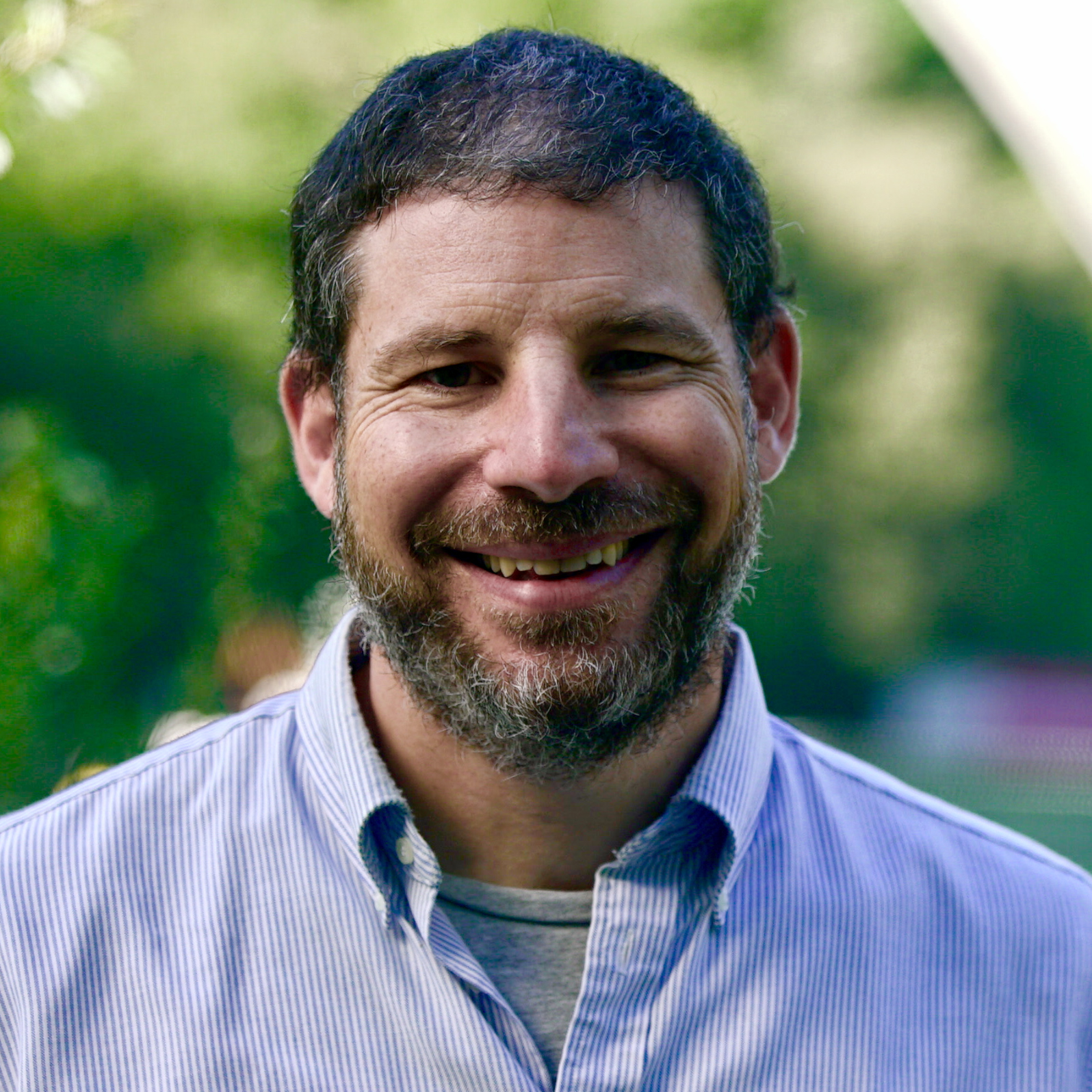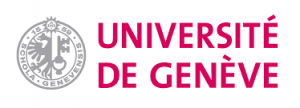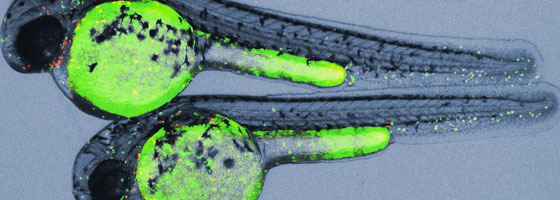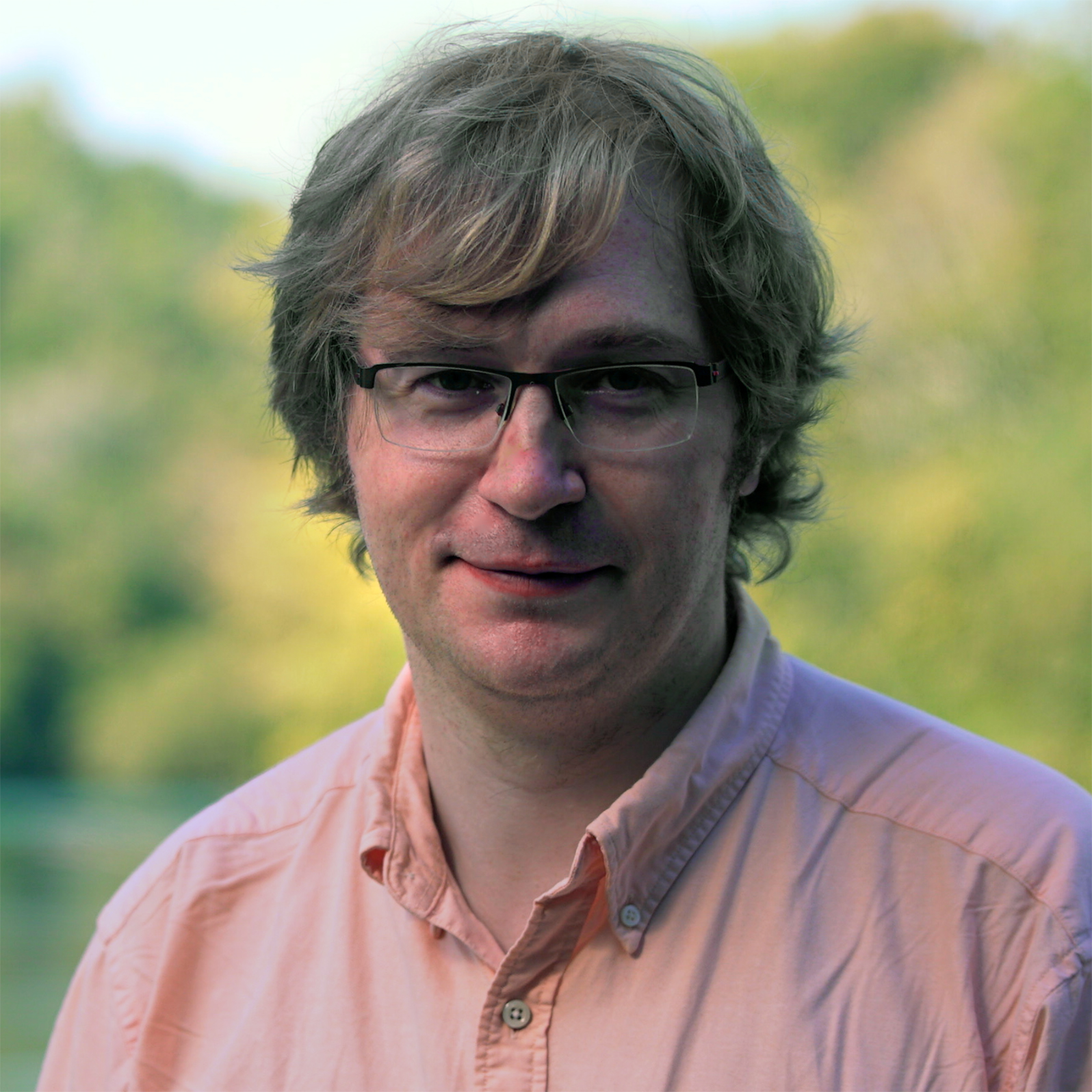Course description
Chemical biology is a burgeoning field that has rapidly risen to prominence. This surge of interest has been fuelled by chemical biology’s applicability to understanding critical processes in live cells or model organisms in real time. This success has arisen because chemical biology straddles a nexus between chemistry, biology, and physics. Thus, chemical biology can harness rapid chemistry to observe or perturb biological processes, that are in turn reported using physical assays, all in an otherwise unperturbed living entity.
Although its boundaries are endless, the multidisciplinary nature of chemical biology can make the field seem daunting; we beg to differ! Here, we deconstruct chemical biology into its core components, and repackage the material. In the process we build up for each student a practical and theoretical knowledge bank that will set these students on their way to understanding and designing their own chemical biology experiments.
We will discuss fluorescence as a general language used to read out biological phenomena as diverse as protein localization, membrane tension, surface phenomena, and enzyme activity. We will proceed to discuss protein labeling strategies and fusion protein design. Then we will discuss larger and larger scale chemical biology mechanism and screening efforts. Highlights include a large amount of new data, tailored in the lab videos, and a large number of skilled presenters.
Who this class is for
This course is ideal for students currently undertaking chemistry, biology, or physics classes as part of a university curriculum. However, it would be equally ideal for anyone who wants to move to more interface science, coming from chemistry, biology, or physics research areas.



